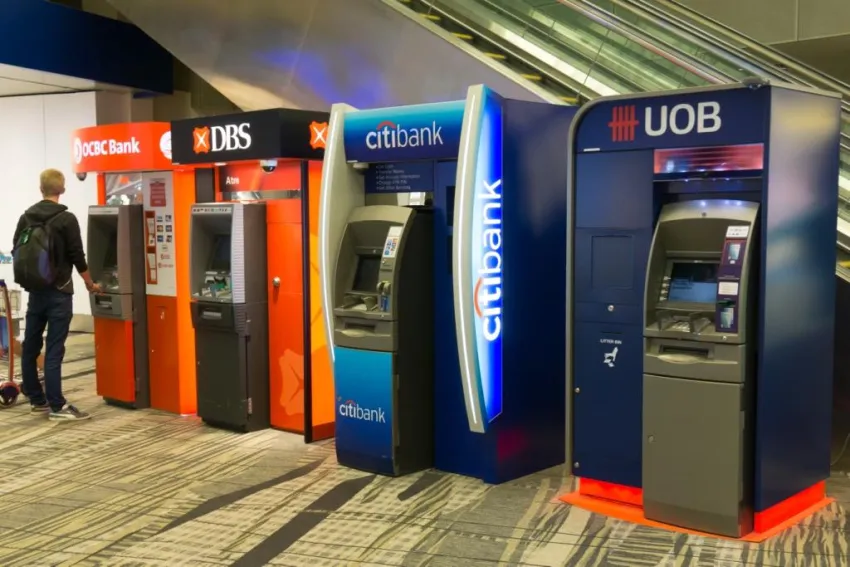
Singapore loans grew 8% in 2017 but still lagged behind Hong Kong
A robust economy and optimism in the property market are slowly narrowing the gap.
Singapore’s system loans are picking up pace after growing from a measly 1% in 2016 to 8% in 2017 as it tries to catch up to close regional competitor Hong Kong's strong credit flows, according to a report from investment banking firm Jefferies.
The city state's Big Three – DBS, OCBC, UOB – registered loan growth within a similar range in 2017 thanks to the Lion City's strong economic performance and property market optimism.
The report also noted that Singapore’s loan growth has grown to the extent that it is on par with Indonesia or exceeding that of footprint ASEAN economies such as Malaysia’s 4%. However, the city state still lags behind Thailand who posted 9% loan growth and Hong Kong who reported the largest system loans at 16% amidst soaring property prices.
Here’s more from Jefferies:
Bloomberg consensus indicates FY18 credit cost of 26, 24 and 25 bps for DBS, OCBC and UOB respectively. While we recognize that SFRS9 will introduce some volatility in credit costs, the estimates are above pre-O&G credit costs reported by the three banks. Average annual credit cost from 2012 to 2015 for DBS, OCBC and UOB was 24, 19 and 30 bps with lows being 20, 16 and 24 bps, respectively.
From 2014 to Nov 2016, domestic banking unit LDR decreased from 110% to 102%. Since then, LDR is back to 108%. Further, regional lending has led to system-wide foreign currency LDR rise to 123% even though SGD LDR is comfortable at 84%. With rising USD funding costs and tighter USD liquidity in the swap markets, we will be watchful of dollar liquidity and appetite of financial institutions to facilitate USD cross-border lending. Nonetheless, the three local banks have healthy liquidity levels and have been growing USD deposits. For example, DBS has more than tripled its USD deposits since 2011 and USD LDR is comfortable at 81% (though USD + HKD LDR is at 100%). All currency liquidity coverage ratio at 131% is in excess of the 80% regulatory threshold.
We tweak our earnings model following FY17 results. This result in 4% and 9% increase in OCBC 2018 and 2019 EPS estimates respectively. While, for UOB, EPS estimates are raised 5.7% and 8.7% for FY18 and FY19 respectively. Coupled with higher multiples, we raise PT by 9% and 12% for OCBC and UOB, respectively. These two banks have underperformed its peer over last 12 months (c.20%) and YTD (c.10%). We expect some of the underperformance to reverse. Key risks include sudden reversal of liquidity, wider credit spreads and risk premium.













 Advertise
Advertise










